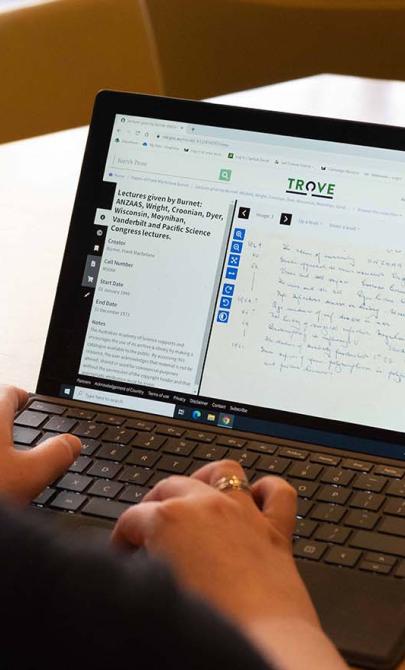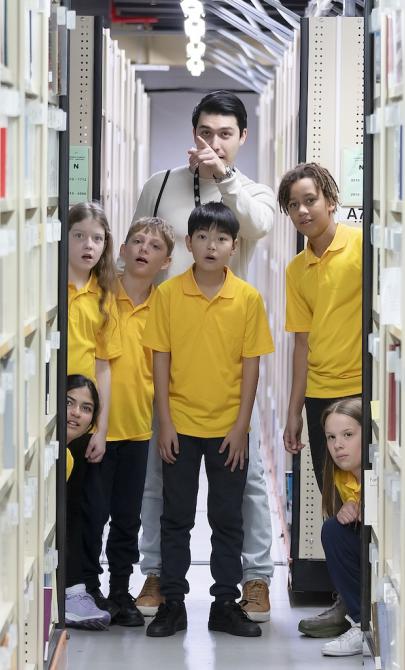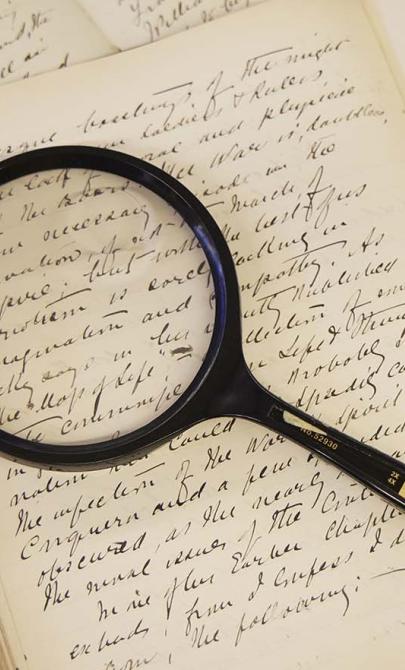Modern Greek
Greek settlement in Australia
The 2011 census shows nearly 80 per cent of Greek-born Australian residents arrived before 1971. As a result, the median age of the Greek-born population in Australia is now over 71.
Greek cafes, milk bars and speciality food outlets became popular landmarks in many Australian towns and cities during the first six decades of the twentieth century. Dozens of such establishments operated in major cities.
One well-known example was the Niagara Café. Established in 1902 by Kytherian Greek Strati Notara, it was a classic example of a rural Greek cafe. The restoration of the last authentic Greek cafe in Gundagai was recently completed.
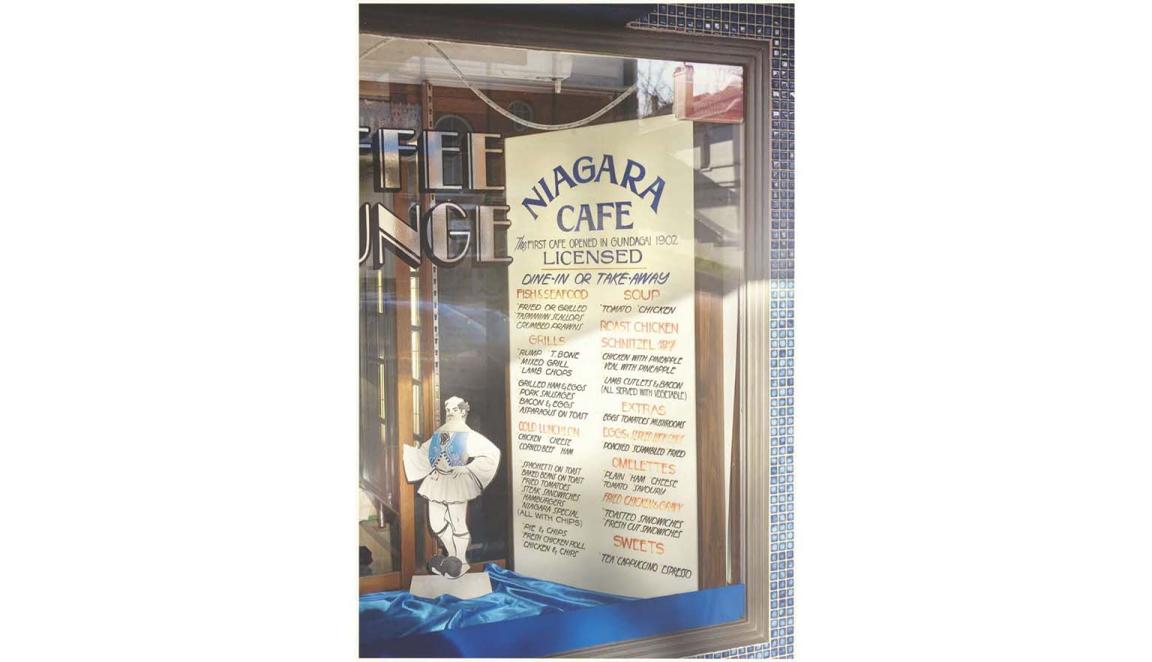
Jeff Carter, The menu at the Niagara Café in Gundagai, New South Wales, July 2007, nla.gov.au/nla.obj-137321967
Jeff Carter, The menu at the Niagara Café in Gundagai, New South Wales, July 2007, nla.gov.au/nla.obj-137321967
Newspaper resources
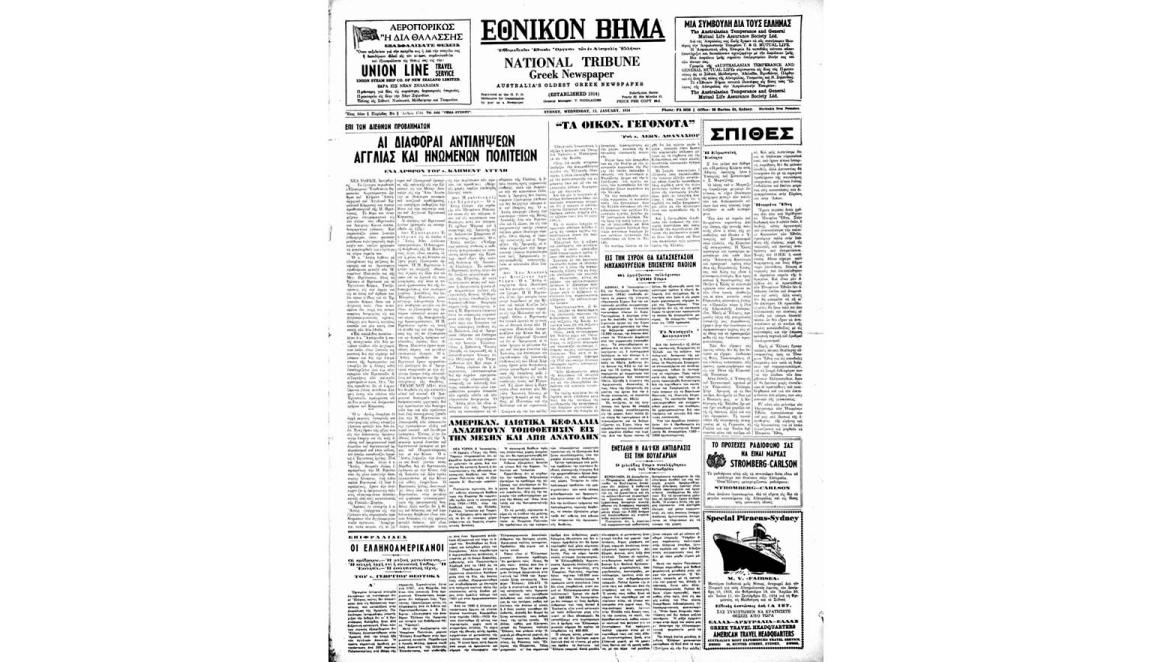
(2021). To ethnico vema : Greek national vema, nla.gov.au/nla.news-title1592
(2021). To ethnico vema : Greek national vema, nla.gov.au/nla.news-title1592
Learning activities
Activity 1: Write a mystery article
Have students write a newspaper article about a mystery—real or imagined. This activity encourages students to:
- consider the writing style and tone
- demonstrate a range of grammatical and stylistic techniques
- tailor their writing for a specific audience and purpose
Activity 2: News from the homeland
Hold a class discussion on how the delivery of information from a country of origin might influence the content and tone of newspapers written in that language. Consider:
- political or media influences
- cultural values and narrative styles
- the impact of distance and diaspora
Activity 3: Explore multilingual newspaper content
Ask students to explore the articles and content of the newspaper resources linked earlier in the module. Encourage them to:
- identify key themes or recurring topics
- reflect on how language and culture shape the way news is reported
